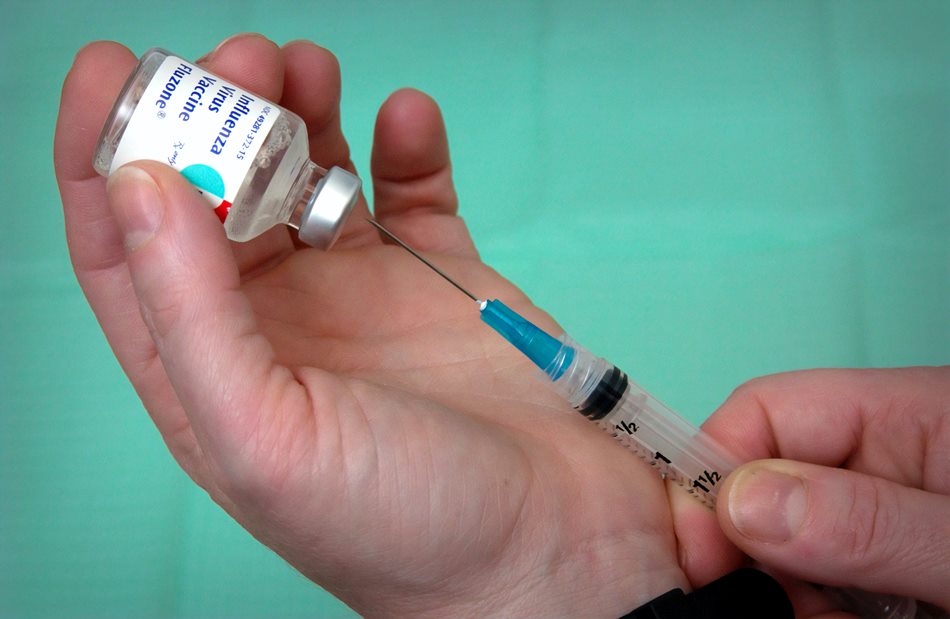Health
FDA prepares to authorize ‘highly effective’ Moderna COVID-19 vaccine

WHAT YOU NEED TO KNOW:
- The COVID-19 vaccine developed by Moderna is expected to be approved by the FDA for emergency use late this week.
- With an effective rate of 94 percent, Moderna’s candidate vaccine is potentially another option for Americans waiting to be administered by the required doses.
- While it appears that the Moderna vaccine can both protect the individual and reduce the risk of infection from spreading, experts believe more data will be needed to verify that capability.
According to the reports on Tuesday, Moderna’s coronavirus vaccine has an efficacy rate of 94 percent in averting the disease’s symptoms and gives the impression that it could also help stop the infection spread.
The analysis indicates that the Moderna vaccine will be given authorization by the U.S Food and Drug Administration for emergency use by the end of the week. The approval means that Americans could soon have two COVID-19 vaccines that are both effective following the administration of the first shots of Pfizer-BioNTech’s to health workers on Monday.
The high-efficiency rate of the vaccine by Moderna, which was also similar to Pfizer’s product, was recorded after two doses on 28 days each.
Additionally, there is also an indication that just a single shot of Moderna’s vaccine may eliminate the disease’s spread. Another report posted Tuesday on FDA’s website also showed that infections from asymptomatic cases went down by 63 percent after getting the first shot.
The recent finding, though, may require more data for more extensive understanding.
Infectious disease expert from Vanderbilt University Medical Center in Nashville, Tennessee, Dr. William Schaffner, said the Moderna’s capability to protect and reduce the virus’s transmission rate gives Americans an advantage.
Schaffner is not a part of Moderna or the team that developed the company’s vaccine.
Those within the group involved in Phase 3 of Moderna medical trials, however, warned not to interpret the small numbers found on the data, explaining that further analysis will be needed.
The leading investigator for the Moderna studies at Baylor College of Medicine, Dr. Hana El Sahly, noted that the vaccine’s direction is promising.
It is anticipated that regulators will need two shots of the vaccine for full protection. Until it’s certain that any vaccine successfully averts the spread of the virus, tried and tested prevention measures shall remain precarious.
Johns Hopkins Center for Immunization Research infectious disease epidemiologist Jessica Atwell said that the public should continue following safety protocols such as social distancing and hand sanitizing to reduce the infection rate.
Vaccines and Related Biological Products Advisory Committee, an FDA-independent third-party group, will convene on Thursday to determine if the agency should give the Moderna vaccine authorization. The session will almost be the same as last Thursday’s recommendation given to Pfizer’s vaccine.
As indicated in FDA papers, the most typical side effects of Moderna’s vaccine include headaches, fatigue, and muscle pain. There are also rare instances of facial inflammation and nausea.
Generally, the analysis showed that individuals 64-year-old and above got fewer side effects compared to younger people.
Source: NBC News
